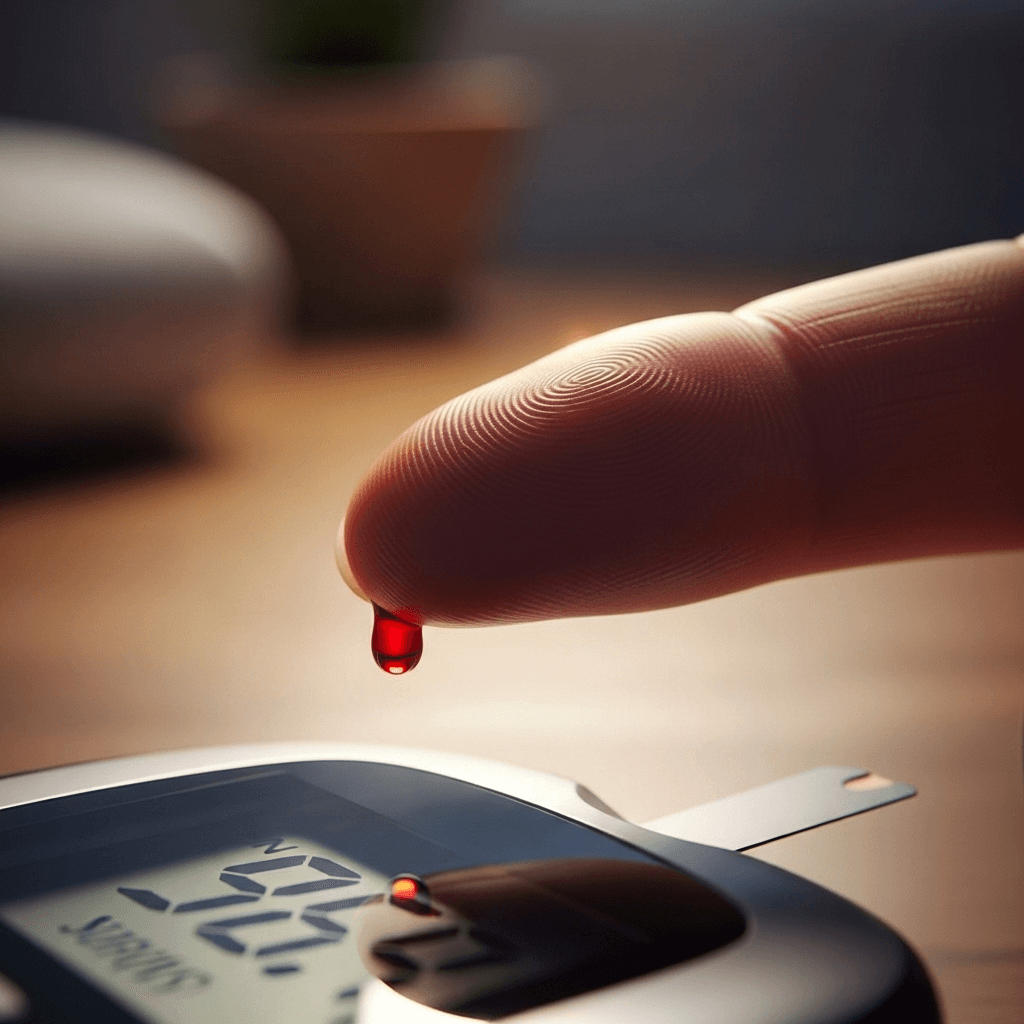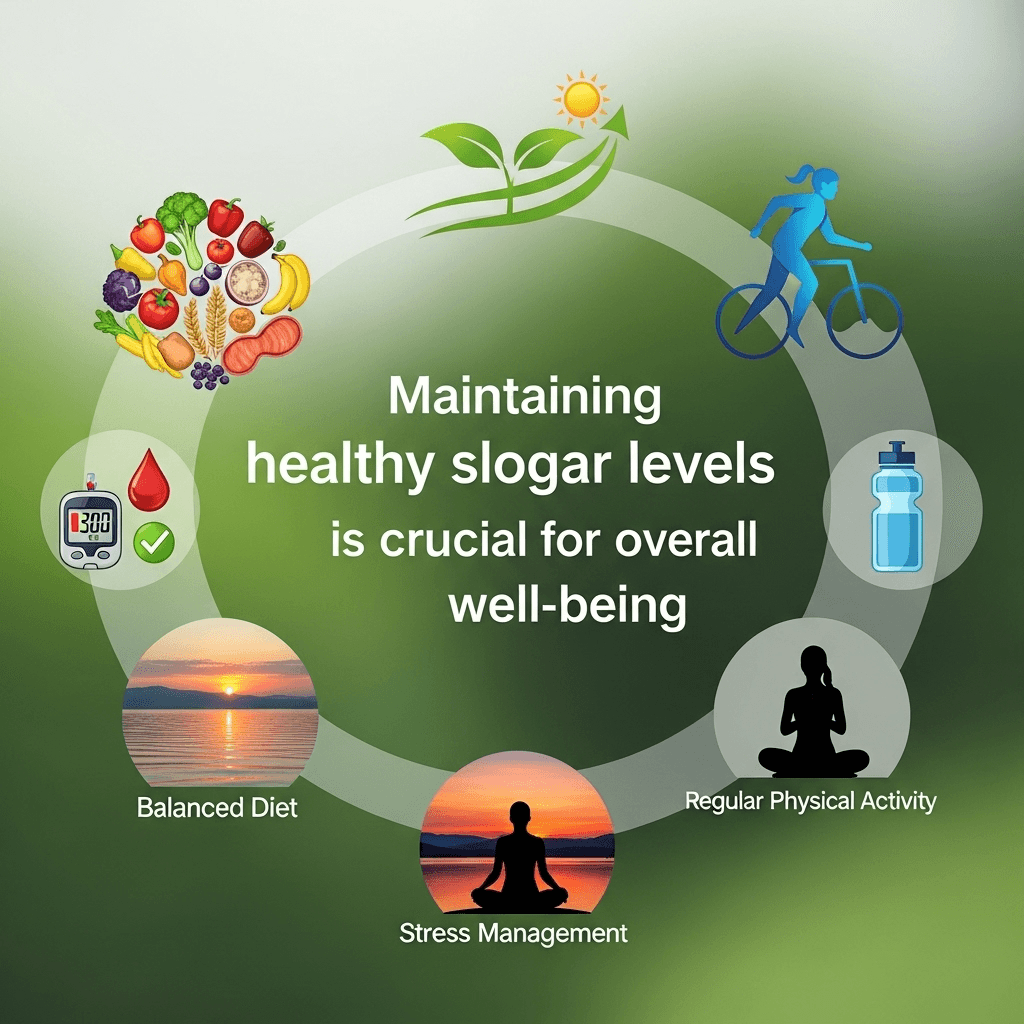Product Guide
10 Ways To Improve Blood Sugar
Maintaining healthy blood sugar levels is crucial for overall well-being. Whether you’re managing diabetes, prediabetes, or simply aiming to prevent spikes and crashes in energy, keeping your blood sugar stable can boost your mood, mental clarity, and long-term health. Fortunately, small and consistent lifestyle changes can make a significant difference.
1. Choose Low-Glycemic Foods
Foods have different effects on blood sugar depending on their glycemic index (GI). Low-GI foods cause slower, steadier increases in blood sugar, preventing sudden spikes. Examples include:
Whole grains like oats, quinoa, and brown rice
Non-starchy vegetables (spinach, broccoli, zucchini)
Legumes (lentils, beans, chickpeas)
Most fruits (berries, apples, pears)
Tip: Replace white bread, pasta, and sugary snacks with whole-grain or high-fiber alternatives.

2. Increase Fiber Intake
Fiber slows down digestion and glucose absorption, which helps prevent sudden rises in blood sugar. Both soluble and insoluble fibers are beneficial, but soluble fiber (found in oats, flaxseeds, chia seeds, apples, and carrots) is especially effective for stabilizing blood sugar.
Aim for 25–38 grams of fiber daily, depending on age and gender.
3. Stay Physically Active
Exercise helps your muscles use glucose for energy, lowering blood sugar both immediately and over time. Activities like walking, cycling, swimming, and strength training are excellent choices.
Quick strategy:
Take a 10-minute walk after meals to help manage post-meal blood sugar spikes.
Combine aerobic exercises with strength training for the best results.
4. Practice Portion Control
Even healthy foods can raise blood sugar if eaten in large amounts. Overeating — especially high-carb meals — can overwhelm your body’s ability to manage glucose effectively.
Tips for better portions:
Use smaller plates to naturally limit serving sizes.
Follow the plate method: Fill half your plate with non-starchy vegetables, one-quarter with lean protein, and one-quarter with healthy carbs.
5. Stay Hydrated
Dehydration can cause blood sugar to rise because your body produces more concentrated glucose. Drinking enough water helps your kidneys flush out excess sugar through urine.
Aim for 8–10 glasses of water per day, adjusting for your activity level and climate. Avoid sugary drinks, which cause rapid spikes in blood sugar.
6. Manage Stress Levels
When you’re stressed, your body releases hormones like cortisol and adrenaline, which can raise blood sugar. Chronic stress can keep these levels elevated, making glucose harder to control.
Stress-reducing activities:
Meditation or deep breathing exercises
Yoga or stretching routines
Journaling or spending time in nature
Listening to calming music
7. Get Enough Quality Sleep
Poor or insufficient sleep can interfere with insulin sensitivity, leading to higher blood sugar levels. Most adults need 7–9 hours of quality sleep per night.
Better sleep tips:
Keep a consistent bedtime and wake time.
Limit screen use before bed.
Keep your bedroom cool, dark, and quiet.
8. Eat Balanced Meals with Protein and Healthy Fats
Protein and healthy fats slow digestion and help reduce the speed at which glucose enters your bloodstream. This results in more stable blood sugar levels and reduced cravings.
Examples:
Pair fruit with nuts or Greek yogurt.
Add avocado or olive oil to salads.
Include lean meats, eggs, tofu, or legumes in meals.
9. Monitor Your Blood Sugar Regularly
If you have diabetes or prediabetes, regular monitoring helps you understand how food, activity, and stress affect your levels. Even if you don’t have a diagnosis, periodic checks can help you spot early changes.
Use a blood glucose meter or continuous glucose monitor (CGM) if recommended by your healthcare provider.

10. Limit Added Sugars and Processed Foods
Refined sugars and highly processed foods cause rapid glucose spikes and can lead to long-term blood sugar issues.
Common culprits include:
Candy, cakes, and pastries
Sugary cereals
Soda and sweetened beverages
Processed snacks like chips and crackers
Replace them with whole-food alternatives such as fresh fruit, nuts, or air-popped popcorn.
Final Thoughts
Improving blood sugar is not about strict diets or drastic changes. Instead, it’s about consistent, mindful habits: choosing nutrient-dense foods, staying active, managing stress, and sleeping well. Even small adjustments can lead to better energy, improved mood, and reduced risk of diabetes-related complications.
By incorporating these 10 ways to improve blood sugar into your daily routine, you’ll be taking powerful steps toward a healthier, more balanced life.
HEY, I’M AUTHOR…
Platform for Health, Electronics, Home & Kitchen, Clothing etc related News. We are determined to bring you the scoop of the media and latest trends here everyday, round the clock.
JOIN MY MAILING LIST
Created with © systeme.io


